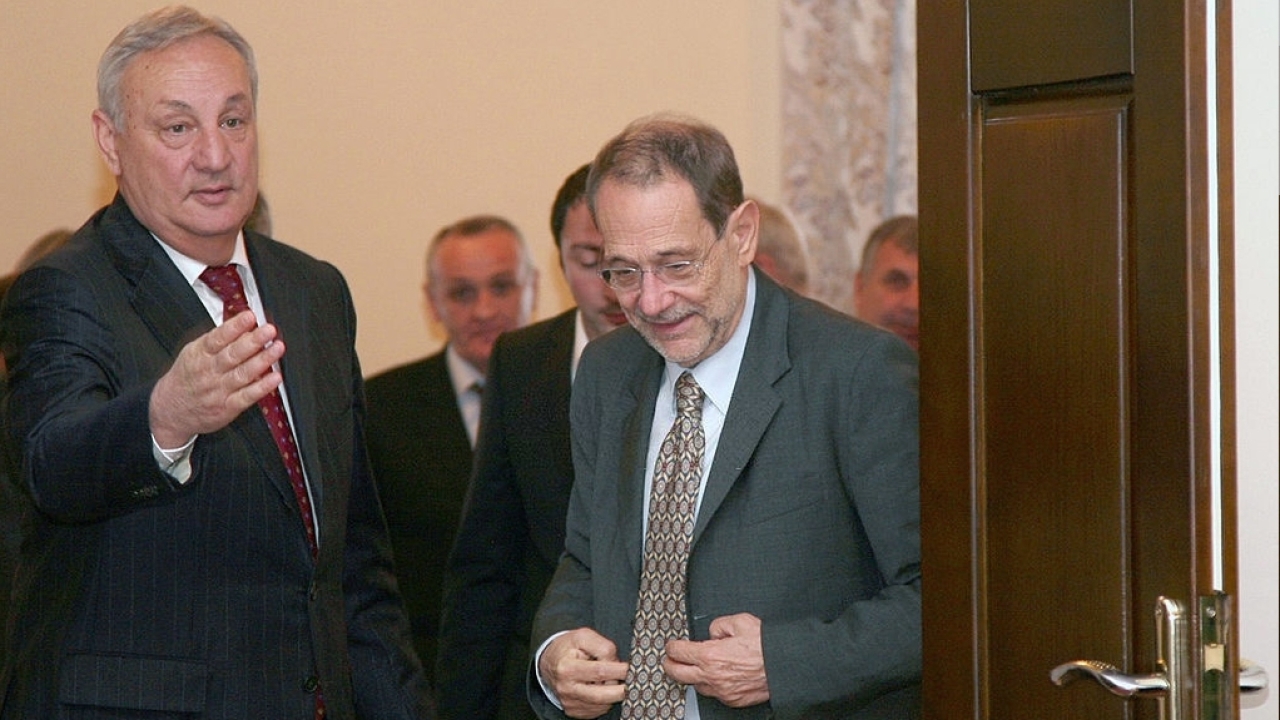Elçin Başol
Lecturer at Aydin Adnan Menderes University, PhD Candidate at Kadir Has University, International Relations Department. Turkey.
As an academic researching Abkhazia, I have always thought that being an Abkhazian is my biggest advantage and disadvantage at the same time. On the one hand, Abkhazia, is the lost fairy-tale land of my childhood, whilst, on the other, it is a frozen conflict-area stuck between political and legal theories…
Every study I have done related to Abkhazia without removing the lens of objectivity has brought me one step closer to this fairy-tale land and its people. At the point we have reached today, there have been great changes over the years both in my personal history and for Abkhazian history in general. The 30 years since the war has reconnected Abkhazia with its diaspora and witnessed many international gains. In these 30 years, Abkhazia has produced successful statesmen, bureaucrats, and diplomats. However, despite the steps taken in terms of international recognition, it is very sad to see the world turn a blind eye to Abkhazia over and over again.
The state-dimension of independence and recognition is also within my area of research. But I would like to touch more on international organisations' issues. Non-governmental organisations or similar organisations operating in many parts of the world with such challenging goals as peace, stability, and sustainability, suddenly forget all their basic values when it comes to Abkhazia. Also they are caught in the wind of the global political climate. This means that all these organisations are liable to be questioned for their legitimacy. I experienced the most visible event in this regard during my book-study with an international foundation on Syrian Refugees. In this study, the chapter on Syrian Refugees who went to Abkhazia was removed from the book, using the "legal status of Abkhazia" as an excuse, and my name was removed from the book. Censorship, which is applied under the pretext of "Abkhazia's legal status", even in such an organisation with "freedom"-based discourses, is actually the best example of the political bias towards Abkhazia.
Despite all the negative repercussions arising out of this global political climate over the past 30 years, when we look at Abkhazia's state-building process, we encounter a more positive picture. It is possible to see that many large or small-scale steps have been taken on Security, Democracy, Internal Legitimacy, Economy, Infrastructure, and Welfare. It would be appropriate to say that the Abkhazian State, which suffered great destruction from the war and then lived under an embargo for many years, has carried out its state-building process quite successfully. In terms of internal legitimacy, the change that the Abkhazian police-force has undergone over the years is undeniable. With the devoted work of Abkhazian National Bank President Beslan Baratelia, great progress has been made regarding the currency Apsar, which is one of the most fundamental elements of domestic legitimacy. However, it should be noted that there are many problems and deficiencies regarding relations and return-policies regarding the diaspora. Even so, in the wake of war and embargo, it is appropriate to assert that Abkhazia today maintains its internal legitimacy quite successfully.
I dream of a world where all the hospitable and pure-hearted people of Abkhazia, whose life is at one with nature, will live in a more peaceful, secure atmosphere without having to worry about the future and free from international discrimination. May the coming decades bring peace to the Abkhazian people and to all peoples the whole world over!
![Abkhazia: [14 August] 1992-2022](/images/banners/logo.png#joomlaImage://local-images/banners/logo.png?width=40&height=33)
